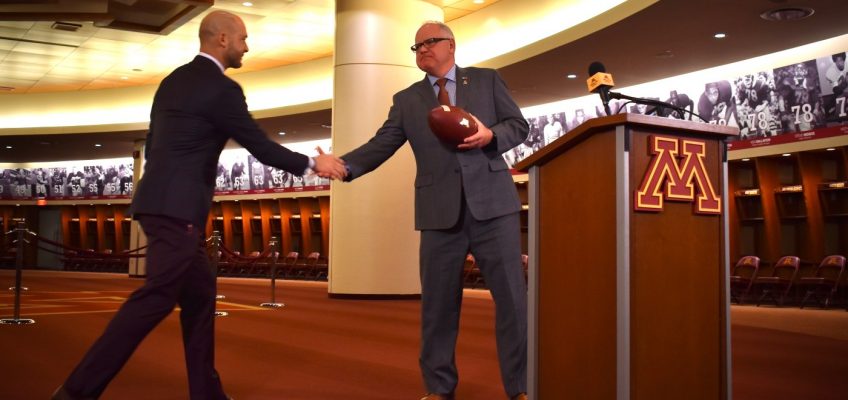Mia Taylor | (TNS) TravelPulse
For more than a few globetrotters, booking holiday airfare is a dreaded chore.
Because let’s face it, who enjoys being gouged on ticket prices in order to spend Thanksgiving or Christmas with loved ones?
If you happen to fall into that bucket of irritated holiday travelers, read on. Hopper has just released a holiday travel cheat sheet. Translation: When to book your holiday ticket in order to score the biggest savings (Or at least avoid being quite so drastically overcharged.)
Here’s what the experts at Hopper have to say about holiday travel 2024.
Thanksgiving 2024
Airfare for Thanksgiving trips is currently averaging $298 per round-trip ticket, which is a steep 10% higher from this time last year and 3% higher than the prepandemic cost.
But here’s the good news. While prices are higher than historic levels today, they are expected to decline by about $40 on average until they reach their lowest point in early October.
So, mark that on your our calendar: Book holiday tickets in October.
It seems October is what the experts at Hopper call “the sweet spot” for snagging your holiday flight tickets. At that point, prices are likely to be in line with 2023 levels, and below 2019 levels.
Christmas 2024
Here’s another insider’s tip: October is also the best time to book your Christmas flights.
Currently, airfare for Christmas trips is averaging $406 per round-trip ticket, says Hopper. That’s an increase of 4% from this time last year and a whopping 13% above prepandemic prices.
While those ticket prices may be higher than historic levels today, they too are expected to fall, and will do so by about $80 until they reach their lowest point in October.
When Christmas fares reach their October sweet spot, the prices are likely to be in line with 2023 levels, says Hopper.
A few more money-saving details
If you’re a frequent flyer, you likely know this already, but being flexible on travel dates can help you save quite a bit of money during the holiday rush.
Hopper says it’s possible to save more than $100 off peak airfare by flying on less popular dates before and after each holiday week during Thanksgiving and Christmas.
“Departing the week before Thanksgiving or on the Monday ahead of the holiday will save travelers the most,” says Hopper. “Savvy travelers will save 23% or about $60 per ticket by departing on the Thursday before Thanksgiving (Nov. 21) or the Monday of Thanksgiving week (Nov. 25) instead of taking a weekend flight.”
As for that dreaded return flight after Thanksgiving, it should come as no surprise that the Sunday immediately after the big day is no time to be in the airport.
It is the most popular day to return for Thanksgiving travelers, and also the most expensive, per Hopper.
“Travelers returning on Sunday will pay a 45% premium, or $137 per ticket more than those travelers who return the following day, Monday,” says Hopper. “Skip the Sunday return and fly home on Black Friday, or Monday, Dec. 2, to pack on the savings.”
Similarly, for Christmas, travelers hoping to get the best prices for domestic trips should plan to be flexible on their travel dates, says Hopper.
Departing the week before Christmas or on Christmas Eve or Day will save travelers the most. Savvy travelers will save 26% or about $100 per ticket by departing on Christmas Eve instead of taking a flight the weekend before the holiday.
Meanwhile, the week following Christmas is an especially pricey week for domestic travel, as Americans head home from Christmas trips and head out on New Year’s trips.
For travelers headed home from the holiday, New Year’s Eve departures will be the most cost effective, saving travelers about $68 per ticket on average.
Oct. 14 is deadline for deals
If scoring a deal during the October “sweet spot” that Hopper is projecting is on your must-do list, then you’ll need to book airfare by October 14.
“Airfare will drop from now until the end of September, then remain low and volatile in October before rising in the weeks leading up to Thanksgiving and Christmas,” says the Hopper report. “Over the next few weeks while prices are volatile, travelers who are proactively monitoring prices could get notified of great, time-sensitive deals.”
Airfare deals by region
Here’s one last bit of parting information that may be helpful. If your holiday travel plans are not tied to a specific location, consider bring the family party to a bargain travel destination.
Hopper says airfare to international destinations in Mexico and Central America, popular for shorter holiday trips, is down compared to last year, with prices averaging $464 per round-trip ticket.
Airfare to Europe, the top destination for international travelers from the U.S., is down 7% compared to this time last year.
You’re welcome.
______
©2024 Northstar Travel Media, LLC. Visit at travelpulse.com. Distributed by Tribune Content Agency, LLC.




